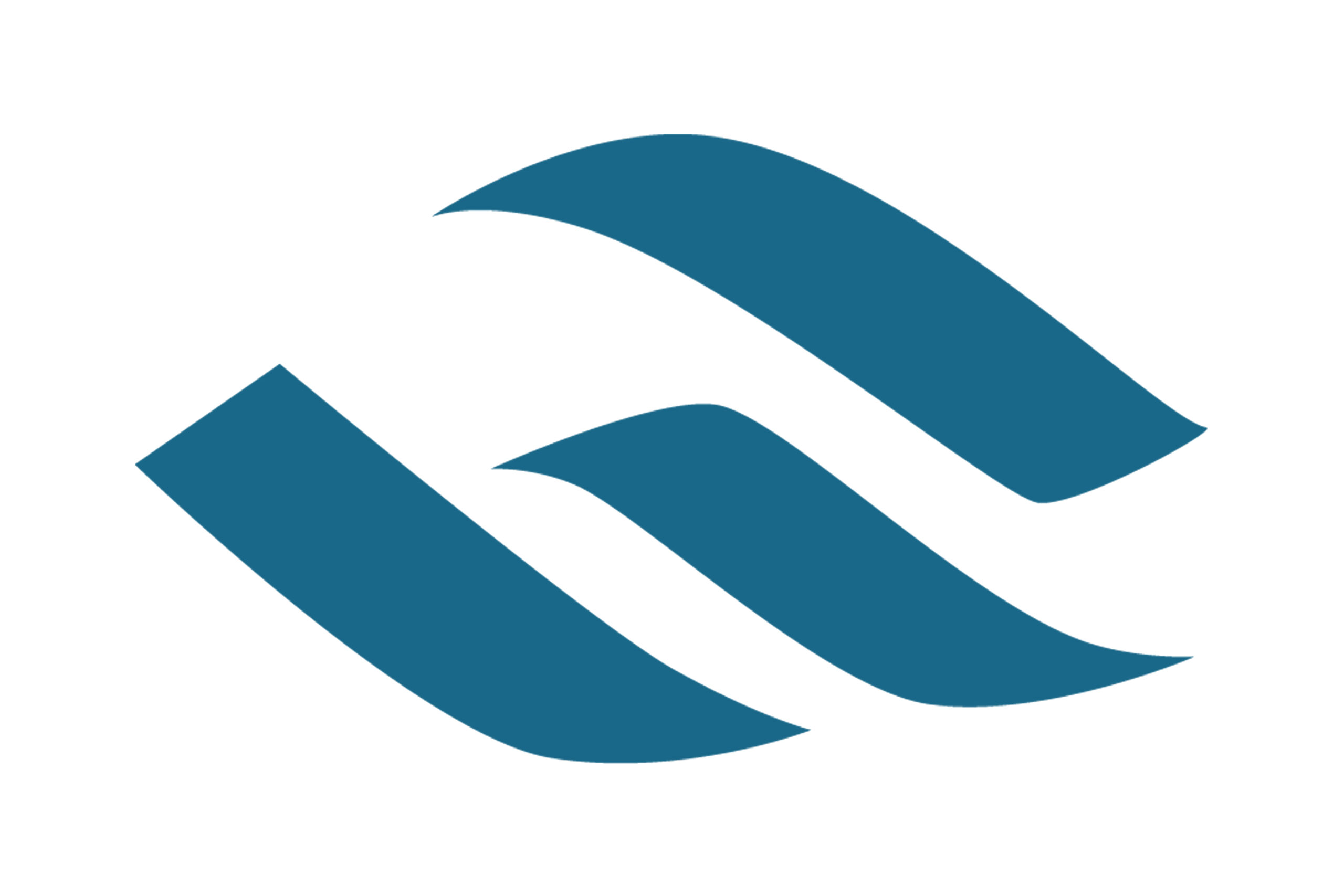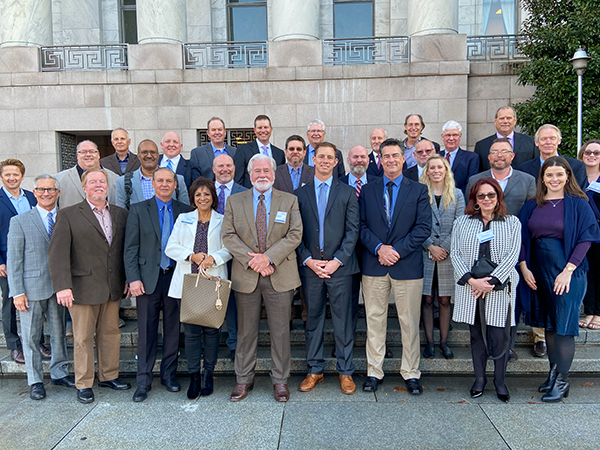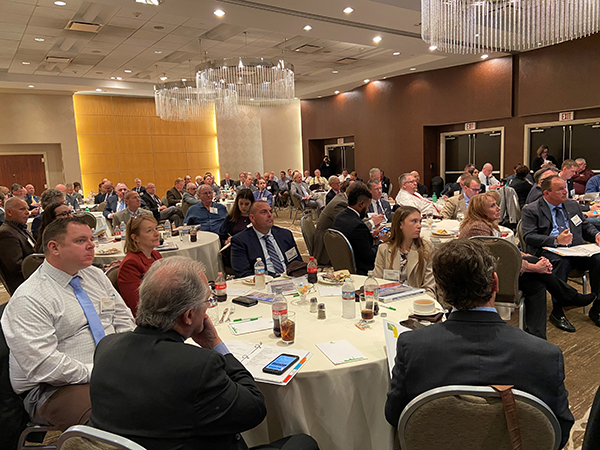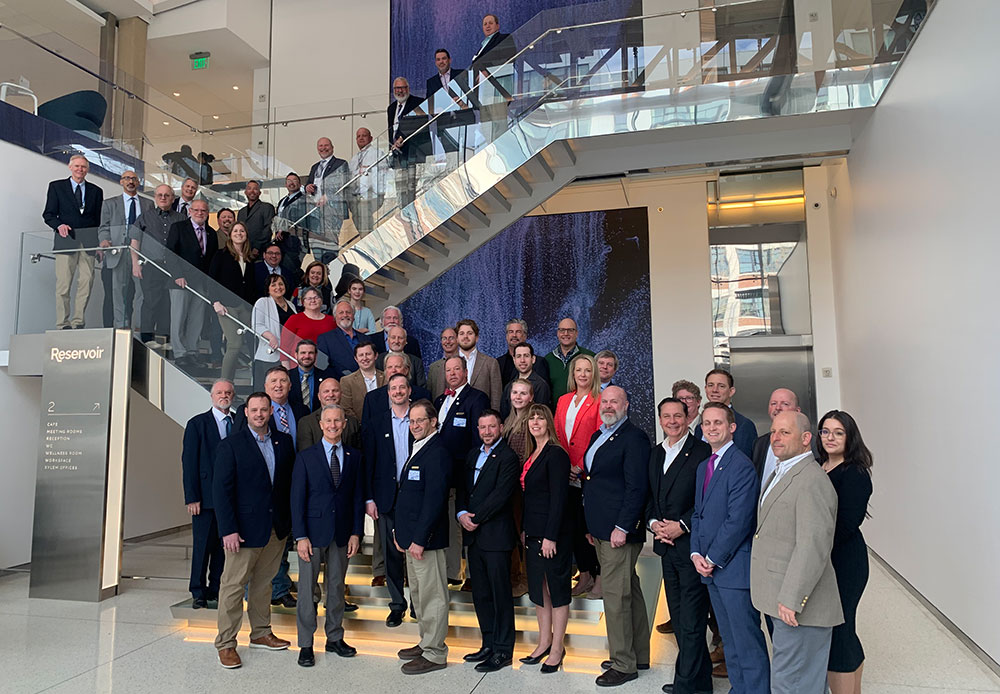WQA’s dedicated Government Affairs Department advocates on behalf of the water quality improvement industry at the federal, state and local levels. We work closely with policymakers and regulators to educate them on benefits of water treatment, striving to improve the business climate for the industry by reducing regulatory burdens and increasing market opportunities.
Updates & Bills Lists
Monthly the Government Affairs team pulls together the latest legislative and regulatory actions:
Government Affairs Reports
2024 Government Affairs Report
2023 Government Affairs Report
2022 Government Affairs Report
2021 Government Affairs Report
2020 Government Affairs Report
2019 Government Affairs Report
Federal Affairs

Healthy H2O Act
The Healthy Drinking Water Affordability Act, also known as the Healthy H2O Act, would provide grants for water testing and the purchase of certified treatment technology directly to individuals, non-profits and local governments in rural communities.

Infrastructure Investment and Jobs Act
The Infrastructure Investment and Jobs Act includes significant new investments in American infrastructure, including upgrades to roads and bridges, the U.S. power grid and, of particular interest to WQA members, water infrastructure.

PFAS
Per- and polyfluoroalkyl substances (PFAS) are a large family of man-made chemicals that contain carbon, fluorine, and other elements. These chemicals have been in use since the 1940s and are found in a variety of products including firefighting foams, household products such as non-stick cookware, food packaging, and stain and water repellants.

301 Tariffs
WQA joined Americans for Free Trade (AFT), a coalition of more than 100 businesses and trade associations that have come together to advocate for relief from the Section 301 tariffs.
WQA signed on to an AFT letter that offered to assist the International Trade Commission (ITC) in their investigation of the economic impact of the Section 301 tariffs on Americans.

EPA Lead & Copper Rule
The U.S. Environmental Protection Agency in December of 2021 moved forward with the implementation of the Trump Administration’s Lead & Copper Rule Revisions (LCRR). The agency’s review of the rule highlighted notable areas for further support including Lead Service-Line Replacement (LSLR); Re-evaluation of compliance sampling; Action & Trigger Levels; and analyzing the LCRR implementation through an environmental justice perspective.

EPA Lead-Free Rule
The U.S. Environmental Protection Agency rule on the “Use of Lead-Free Pipes, Fittings, Fixtures, Solder and Flux for Drinking Water” is aimed at protecting public health, especially children’s health, from the risks associated with lead exposure.

FIFRA
Products and technologies that control “pests”, such as bacteria, fungi, algae, protozoa or slime,
are also regulated under the Federal Insecticide, Fungicide and Rodenticide Act (FIFRA). FIFRA is administered by the U.S. Environmental Protection Agency (EPA) Office of Pesticide Programs. It is important that Water Quality Association (WQA) members understand that certification to NSF/ANSI standards does not exempt water treatment products from FIFRA obligations. This guidance document will provide an overview of the regulatory obligations associated with these types of water treatment products and technologies to assist members in meeting their compliance objectives.
Click here for U.S. Federal Bills List
State Affairs

California SAFER law
The Water Quality Association and the Pacific Water Quality Association (PWQA) support the Safe and Affordable Funding for Equity and Resilience program (SAFER) to provide solutions for water treatment systems in California, especially those serving disadvantaged communities

California’s Proposition 65
Proposition 65 – Safe Drinking Water and Toxic Enforcement Act – is a California state regulation that requires businesses to provide warnings on products or in establishments about significant exposures to chemicals, listed under Proposition 65, that cause cancer, birth defects, or other reproductive harm. The intent is by requiring this information is provided, the public can make informed decisions about their exposure to these chemicals.
In addition, proposition 65 prohibits California businesses from knowingly discharging significant amounts of listed chemicals into sources of drinking water

California’s AB 100 Implementation
Passed in 2021, AB 100 establishes a “lead-free” performance standard for end-use plumbing fixtures, requires labeling of such products, and sets an implementation schedule for compliance with the new standard. The law will require endpoint plumbing fixtures to meet a performance standard of endpoint devices that leach more than one microgram per liter (1 μg/L) of lead to qualify as “lead-free” under California law.
